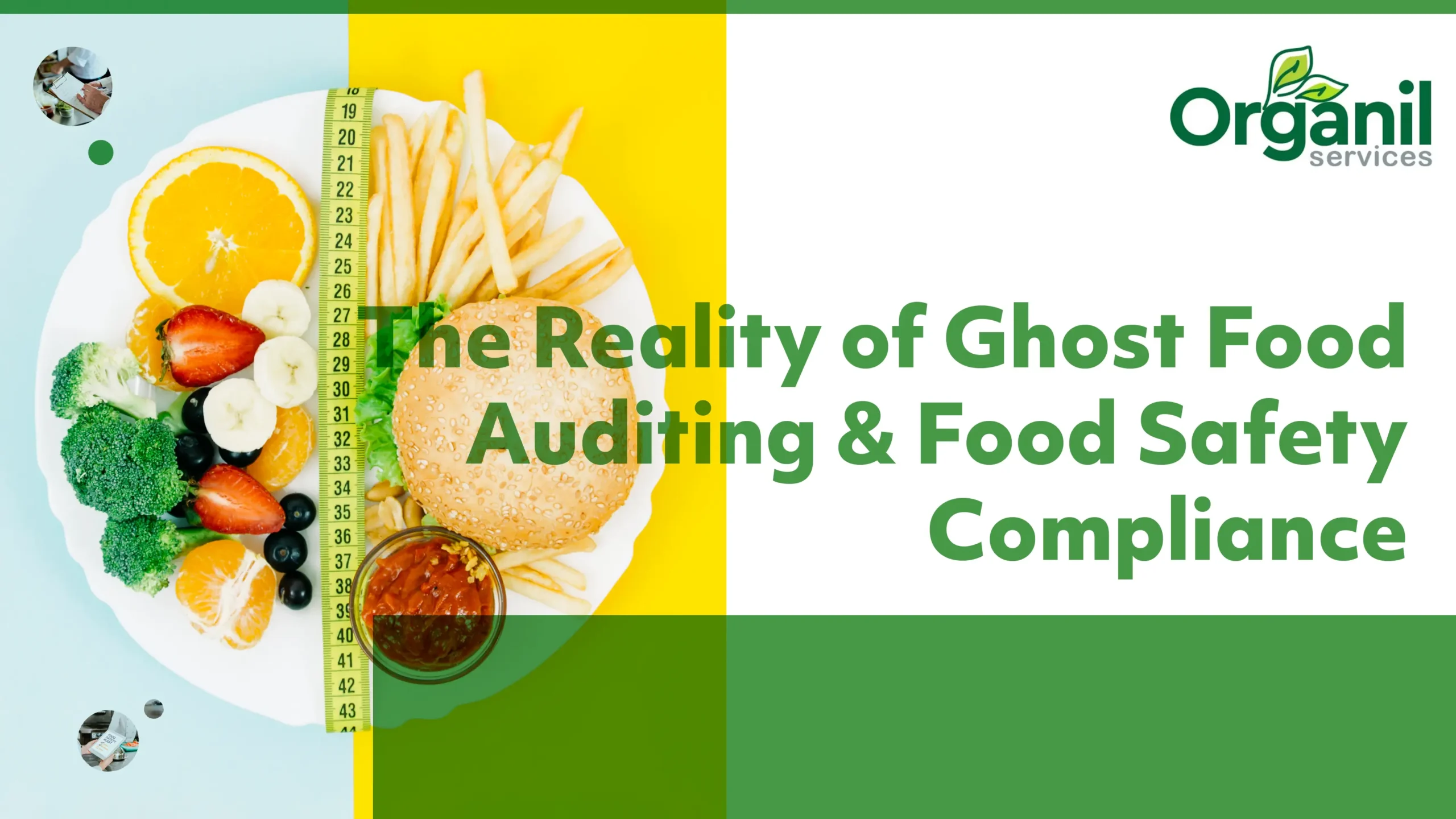
Have you ever heard of Ghost Food auditing and how this is affecting the safe food integrity the public consumes? Why is this a reality but miraged in society? The food we buy how safe are they if consumed with an avalanche of advertisements? Is this in knowledge to the Food Business Operators, Food Assessors, Third-party Certification bodies, and competent authorities or are they all part of the mirage money chain to keep mute? Who is monitoring the Food safety for the Public in the respective countries? Is the risk of food Mitigation Checked by the Food Inspectors or money blinds compliance and safety?
It’s a term that some people use to describe the practice of hiring non authorized third-party auditors to inspect food safety and quality standards in restaurants, farms, Storages, Transport or factories. This report could be manipulated or fabricated in Favor and compliant to the Food Standards recorded in the name of the Authorized Food Inspector of the Accredited licensed Third Party.
Sounds good, right? Well, not so fast. Ghost food auditing is actually a miraged food compliance that gives consumers a false sense of security and allows food producers to cut corners and avoid accountability.

How does ghost food auditing work?
Basically, it’s a way for food regulators or accredited Third-party Certification body to outsource their compliance with food regulations and standards to external consultancy firms or freelance auditors that are supposed to be independent and objective. These companies send auditors or freelance visit the food facilities and check for things like hygiene, sanitation, pest control, temperature control, labelling, and so on. The auditors then write a report and give a score or rating to the facility based on their findings.

Sounds legit, right? Well, not really. There are several problems with this system that make it unreliable and ineffective.
- First of all, the auditors are often paid by the food businesses themselves, which creates a conflict of interest and an incentive to give favourable ratings.
- Second, the audits are usually announced in advance, which gives the food businesses time to prepare and hide any problems or violations.
- Third, the audits are often superficial, not stringent and infrequent or not even visited for validation, which means they don’t capture the true conditions and practices of the food facilities or chain of custody.
- Fourth, the audit reports are are often manipulated, reconstructed, reframed kept confidential and not shared with the public or the Surveillance regulators, which limits transparency, integrity and accountability.
So what does this mean for consumers? It means that we can’t trust the labels and claims that we see on food products or menus. It means that we don’t know if the food we eat is safe, healthy, or ethical. It means that we are exposed to potential risks of foodborne illnesses, allergies, or fraud. It means that we are supporting a Corrupted system that allows food businesses to get away with poor practices and low standards.

Ghost food auditing is a mirage not new in society, which needs to be exposed and challenged. We need to demand more Strict, rigorous, and independent expertise oversight of our food system. Support local and organic food producers who follow high standards of Quality, Safety, and Hygiene, to educate ourselves on Food Standards Codex and reflect to others about the fraudulent realities of our food system. Quality of Code of Conduct with Guardians of Food Standards or Competent Authorities has to bring back control of Safe Trusted food and Human health.
(Anil M V, Founder, Organil Services)
**Organil Services** are Registered for Organic Regulatory Certification Consultancy and Accreditation Services in the Industry. WhatsApp for a Prepaid Consultancy +91 8606551335 or Email : orgnil40@gmail.com.
Stay updated with the latest farming tips and agriculture industry news from Africa by subscribing to our newsletter. Don’t miss out on valuable insights and updates. Follow us on Twitter, LinkedIn, and Facebook to join our farming community and stay connected with us.



















